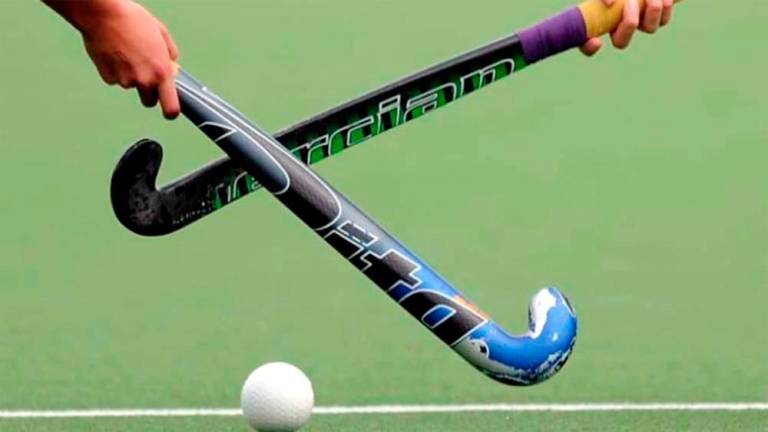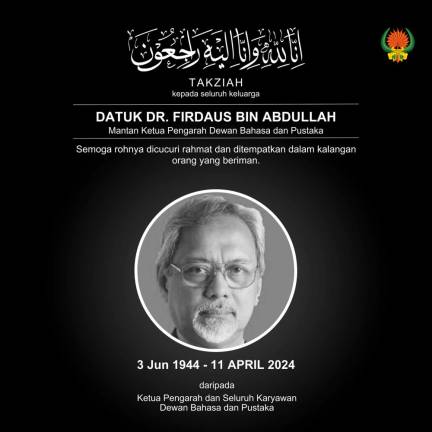AT AGE 15, Tengku Elysha Nur Aisha began studying about attention deficit hyperactivity disorder (ADHD), and the doors to the realm of psychology were opened to her. At the same time, she started playing touch rugby. A year later, she began to play contact rugby.
Now at age 25, she is a Management Consultant at &samhoud Consultancy, and recently contributed to Malaysia’s U-19 rugby team when it qualified for division 1.
Why did you pick up psychology?
“Since I was young, I always asked my parents: ‘Why do people do this and that?’, but they could not answer me.
“When I became a student, I understood that what I wanted to study was why people think differently.
“I got into psychology when I was 15, when I was exposed to attention deficit hyperactivity disorder (ADHD) and when I learnt about how the elderly suffer from Alzheimer’s. I found out that all of this is lumped under ‘psychology’.
“I was also fascinated by how there are so many layers to it. There is the cognitive side and the neuro side.
“There is also sports psychology, and how psychology works in organisations. That is where my interest grew.”
How did you get into sports psychology?
“I started playing rugby when I was 15, and I found it very liberating. I started playing touch rugby, which is a sport that began in Australia. A year or so after that, I started playing contact rugby.
“I trained and played for the Negeri Sembilan state team at one point. I also played in international games. Rugby resonated with me. I played for four to five years.
“In the game, you get pinned down to the ground often. Just like in real life, life can get you down, and problems stack up.
“You can feel held down emotionally, mentally, and physically. But you have to get back up – no matter how impossible it may seem – and you can, either on your own, or perhaps with some help.
“So that is how I relate that to sports to mental health. It is a good analogy for me, and it got me through hard times.”
How is sports psychology different?
“In sports psychology, you don’t only treat common mental health issues, but for athletes specifically, you’ve got to keep in mind the different pressures that are put on them, the varied stressors.
“For example, the hopes of an entire nation could be on their shoulders, and that is a heavy burden to bear.
“The same sports psychology is used to treat an athlete’s post-injury to get them back on their feet literally.
“Although sports psychology is specialised, it can still be applicable to non-athletes. Take, for example, those who are in high performing jobs like [a soldier], or a surgeon.”
Is there a demand for sports psychology in Malaysia?
“There are a growing number of psychologists, but it’s not enough. More critically, there is no regulatory body for psychologists.
“There are many bogus self-proclaimed psychologists out there too.
“A clear definition of psychologists is not there, and there are a lot of fake people who make money out of it. We need a regulatory body.”
Wouldn’t sports psychologists have a certificate?
“Supposedly. But certificates could be from a level one or level two education, and we are not sure where they are based from.
“Some people have a psychology degree but call themselves a sports psychologist, without having specialised in it.
“I am in training myself. Becoming a specialised sports psychologist is where I am heading.
“I think I have an edge because I played the game, and I can apply what I learn in psychology first hand.”
Are you going to continue playing rugby and become a practising sports psychologist?
“For now, I am taking a break from rugby. I’m focusing more on the management side of the game. Rugby takes a toll on you physically, so I shifted to do more of the background work.”














